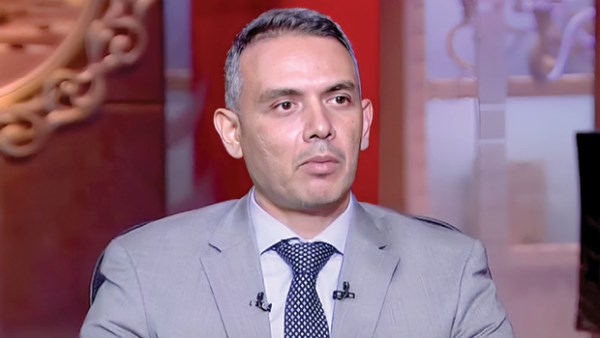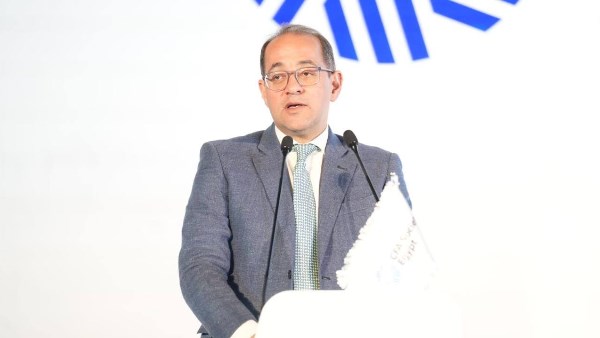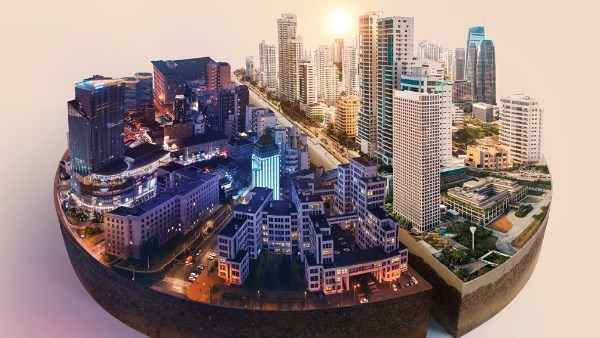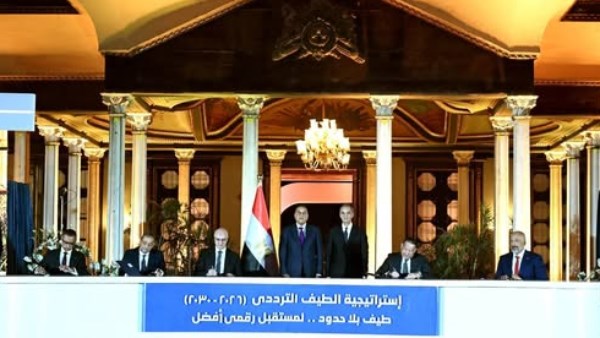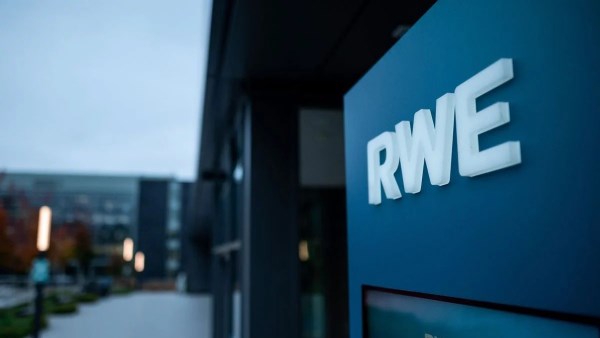
Policymakers wanted to help Dubai shed its reputation of being a transient city
Dubai’s Golden Visas Are Helping City Defy Global Office Slump

At the height of the global pandemic، as Dubai faced an exodus of expatriates and mounting competition from neighboring business hubs، the government opened up. That decision is now helping the city dodge the commercial real estate crisis rippling across the globe.
The United Arab Emirates — of which Dubai is a part — started to break away from a decades-old economic model that prevails across the oil-rich region، linking residency to employment. Officials widened the eligibility net for long-term ‘golden’ visas، abolished a requirement for companies to have a majority local partner، switched to a Monday-Friday working week and made it legal for unmarried couples to live together.
Policymakers wanted to help Dubai shed its reputation of being a transient city by attracting expatriates and encouraging some of them to set up businesses. That seems to have paid off.
The scale of the turnaround
In response to questions from Bloomberg، authorities released data for last year، revealing the scale of the turnaround. The city had 411،802 active business licenses in 2023. That’s a 30% jump from 2022 levels and a 75% increase from 2021.
Earlier this month، Dubai International Financial Centre said the number of entities registered there rose 26% in 2023 from a year earlier to over 5،500. The free-zone now employs about 41،600 people — a 15% increase.
The impact is most evident in the emirate’s commercial real estate market. Occupancy is at record highs in contrast to slumping demand in other cities including London and New York. In Dubai’s financial district، known as DIFC، office space is scarce and rents are still rising.
The business hub’s most prominent tower is up for sale، and could be valued at as much as $1.5 billion. That property in DIFC is among Brookfield’s best performing assets globally at a time when other assets — including in Los Angeles and London’s Canary Wharf — have been hit by falling occupancy.
“The market is quite divorced from the trends we see across the world،”said Prathyusha Gurrapu، head of research and advisory at the property firm Cushman & Wakefield Core. “While a lot of western markets are still working on a hybrid or work from home model، here there is a surge in demand and almost everyone is back in the office.”
Economic Freedom
To be sure، a number of external factors also boosted arrivals. Bankers relocated from Asia to escape lockdowns، while wealthy Russians moved in to shield assets after their country invaded Ukraine in 2022. Crypto investors flooded in، alongside rich Indians looking for second homes، as well as young job seekers from Europe and the wider Middle East.
Government reforms enabled some of the new arrivals to set up businesses.
“When taken holistically، the changes made are significant،” said Ryan Bohl، a senior Middle East & North Africa analyst at risk intelligence consultancy Rane Network. Saudi Arabia and Qatar “are both going to be pressured to try to find ways to liberalize their economies in ways that make sense for themselves، if they want to compete with the economic freedom Dubai gives businesses،” he said.
Apart from the commercial property boom، signs of the influx are visible elsewhere. Waiting lists for schools and clubs run long، while key roads are routinely jammed. The government has announced a $5 billion public transit project and policymakers predict Dubai’s population will surge to 5.8 million in 2040 from over 3.5 million currently.
Residential property prices are closing in on records، despite mortgage rates hovering at the highest levels in two decades. Average annual rents for villas have surged to nearly $88،500. Last year، buyers queued up for $5 million homes and one developer sold houses worth $844 million in hours. At the high end، sales of homes worth $25 million or more doubled in 2023.
One Year at a Time
The new rules have upended Dubai’s real estate market in other ways. End users now account for 44% of property purchases، compared with 29% in 2019، according to property broker Betterhomes.
Londoner Jake El-Rasoul is one the thousands of expatriates looking to buy a home in Dubai. Since moving to the city a decade ago، the 40-year old has lived year-to-year، aware that he’d likely need to to leave if he lost his job.
But in May 2022، encouraged by the government’s visa reforms، he opened a financial advisory firm. “I sort of saw an opportunity and thought it was a good time to set up my own business،” he said. “It’s not so daunting anymore and the flexibility around visas is definitely a big factor.”
Policymakers across the Middle East see knowledge-based industries as the future and have been plowing oil wealth into high-tech sectors. To attract the right people for such jobs، UAE authorities recognized the importance of providing long-term horizons and predictability — the bedrock of decision making for executives. Golden visas ensure that to a degree، even though citizenship remains largely off the table.
While Saudi Arabia’s also announced initiatives to make Riyadh a more attractive destination، challenges remain. One big question is whether it’s ready from an infrastructure، housing، lifestyle and administrative standpoint for an influx of foreign white-collar workers and their families. Equally، a question mark hangs over whether people will abandon the relatively freer and more cosmopolitan Dubai to move there.
El-Rasoul، for his part، plans to make Dubai his home for at least the next decade. “It feels like there’s more people coming here to live for a long time،” he said. “Dubai has changed in that respect.”
Oil Wealth
Part of the draw is the the Middle East’s immense oil wealth — the UAE capital، Abu Dhabi، alone is home to state funds that control $1.5 trillion in assets. That’s prompted a number of multinational firms to consider expanding in the region.
Nathan Gatland، director at Open Hub، says his firm now helps sets up about 80 companies a month on average — up from about 25 trade licenses per month a year earlier. That’s despite the UAE’s decision to introduce corporate tax.
“I thought the corporate tax would have a negative effect but we’ve seen bigger companies come here due to the market potential،” Gatland said. “When they move staff here، it opens up a whole new market where a lot of high net worth individuals are moving to.”
Still، limitations remain. Among them: what happens when residents stop working? Dubai needs to establish retirement programs and health insurance plans to allow residents to retire in the city، according to Renee McGowan، CEO of India، Middle East & Africa at Marsh McLennan.
Dubai’s diminishing tax-free status may also hinder its ability to lure more foreigners. In addition to corporation tax، the UAE introduced value added taxes in 2018 on top of the slew of government fees on services in a city that already ranks among the world’s most expensive.
“Dubai and the UAE in general are facing clashing imperatives of finding ways to develop comparative advantage to keep people in the country on the one hand، while rationalizing their budgets by increasing taxes and broadening the tax base،” Rane Network’s Bohl said.





-1120252475029447.jpg)



